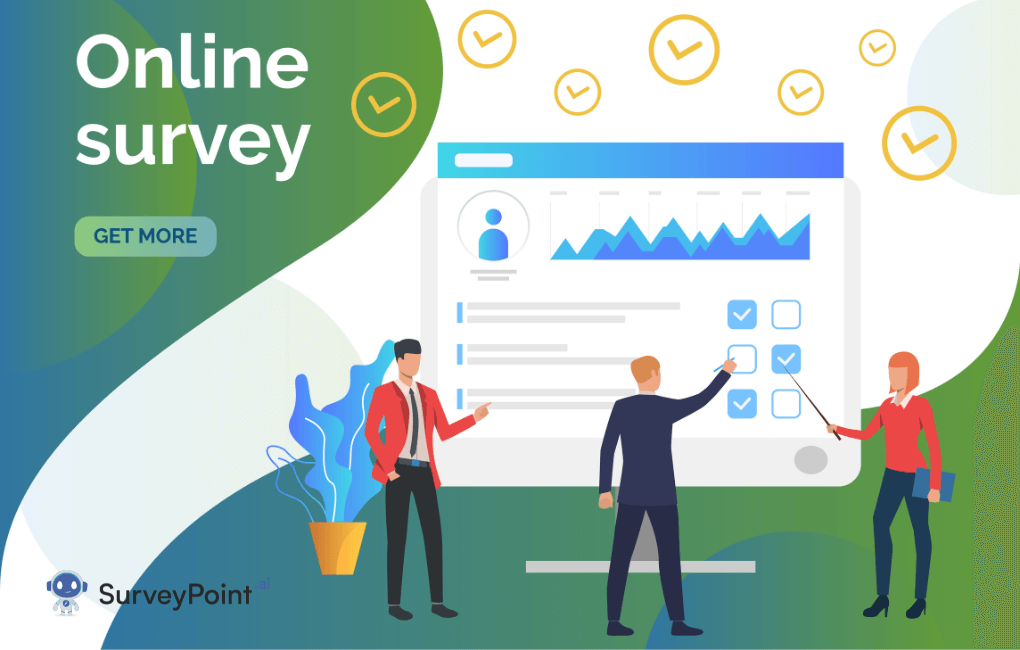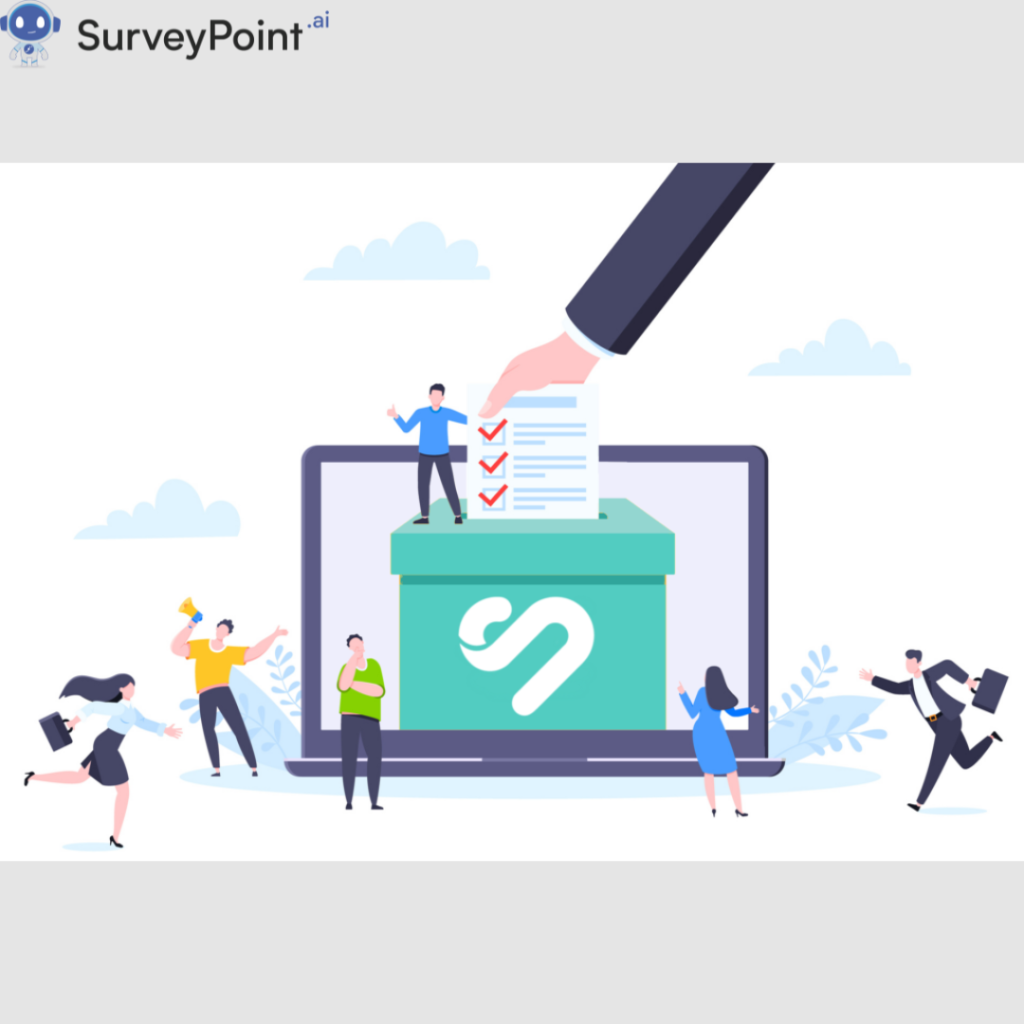
In today’s data-driven world, survey data is a valuable asset that businesses are willing to pay for. Whether it’s understanding customer behavior, market trends, or employee feedback, survey data can inform decision-making, product development, and marketing strategies. This guide will explain how to sell survey data effectively, from preparing the data to identifying buyers and structuring deals.
1. Understanding the Value of Survey Data
- Why Businesses Purchase Survey Data
Companies purchase survey data for numerous reasons, including to:
- Gain Market Insights: Survey data helps companies identify market trends, consumer behavior, and preferences.
- Improve Products: Customer feedback from surveys allows businesses to improve or modify their products and services.
- Make Informed Decisions: Companies can use data to make evidence-based decisions rather than relying on assumptions.
Survey data provides value because it offers real, actionable insights that can be directly applied to solve business problems or identify opportunities for growth. By selling high-quality, relevant data, you can tap into a large and varied market.
- What Types of Survey Data Are Most Valuable?
The type of data that sells best often depends on the target market. Common types of survey data that tend to be in high demand include:
- Customer Satisfaction and Feedback: Insights on how customers view products and services.
- Market Trends: Data on emerging trends in various industries.
- Demographic and Behavioral Data: Information about the behavior, preferences, and demographics of consumers.
- Employee Feedback and Organizational Data: Companies often purchase internal survey data to benchmark their own practices.
2. Preparing Your Survey Data for Sale
- Ensuring Data Quality
Before selling survey data, make sure it is clean, reliable, and ready for analysis. Buyers expect the data to be:
- Accurate: Ensure that your data reflects the truth and isn’t skewed by poorly designed questions.
- Complete: Address any missing data points or incomplete surveys to provide a comprehensive dataset.
- Consistent: The data should follow a consistent format and avoid discrepancies between responses.
- Anonymizing and Ensuring Compliance
Many regions enforce strict data privacy laws like the GDPR (General Data Protection Regulation) and CCPA (California Consumer Privacy Act). It’s crucial to anonymize any personal information in your dataset before selling. Make sure that your data complies with relevant regulations to avoid legal issues.
3. Identifying Potential Buyers
- Who Will Buy Survey Data?
The market for survey data is vast, and several sectors rely on external data to inform their strategies:
- Market Research Companies: They aggregate data to offer insights to clients.
- Businesses and Corporations: Companies from all industries purchase data to help with decision-making and strategic planning.
- Academic Institutions: Researchers and universities often buy survey data to use in studies.
- Consulting Firms: They need data to provide informed recommendations to clients.
- Finding Niche Buyers
If your data is specialized—such as focusing on a particular demographic or industry—you may find more success selling to niche markets. For example:
- Healthcare Sector: Data on patient satisfaction and healthcare delivery.
- Technology Industry: Survey data on software user experiences and tech adoption rates.
- Finance: Investment habits or customer experience data with financial products.
4. Pricing Your Survey Data
- Factors Influencing Price
The price of your survey data will depend on several factors:
- Data Depth: More detailed and segmented data typically commands a higher price.
- Exclusivity: Data that is sold exclusively to one buyer will usually sell at a premium compared to non-exclusive data.
- Freshness: Data that is up-to-date or related to recent trends will be more valuable than older data.
- Pricing Models
- Flat Fee: A one-time fee for the complete dataset.
- Subscription Model: Offer buyers ongoing access to data updates for a recurring fee.
- Customized Pricing: Some clients may require only specific segments of the data, so offering tiered pricing could be a good approach.
5. Marketing and Selling Survey Data
- Direct Sales
You can sell your survey data directly by reaching out to potential buyers. Here are some effective ways to market your data:
- Email Marketing: Send targeted emails to companies, market research firms, and consultants that might need your data.
- Social Media and Networking: Use platforms like LinkedIn and Twitter to highlight key insights from your data and attract attention.
- Cold Outreach: Contact businesses that are likely to benefit from your data, demonstrating the value of the insights you offer.
- Using Data Marketplaces
Online data marketplaces such as Statista or DataExchange allow you to list and sell your survey data to a global audience. While these platforms may take a commission, they expose you to a larger pool of potential buyers.
5.3 Offering Free Samples
One way to generate interest is by offering free samples or limited access to a portion of your dataset. This can demonstrate the value of your data and entice buyers to purchase the full dataset.
6. Legal and Ethical Consideration
- Privacy Laws
Before selling survey data, ensure that you have complied with all applicable data privacy regulations. This may include anonymizing personal information, securing consent from survey participants, and being transparent about how their data will be used.
- Consent from Survey Respondents
Make sure that respondents have given explicit consent for their data to be sold. Include this information in the initial survey agreement so that you are legally protected when selling the data.
7. Building Long-Term Relationships with Buyers
- Offering Added Value
To retain customers, provide added value through additional services such as data analysis or custom reports. This can position you as more than just a data provider, but also a valuable partner in decision-making.
- Follow-Up Sales
Keep in touch with previous buyers and offer them exclusive early access to new data sets. Repeat customers can become a significant revenue source, especially if you consistently provide high-quality data.
Conclusion
Selling survey data is a profitable business that requires careful preparation, knowledge of the market, and a clear understanding of data privacy laws. By organizing your data well, targeting the right buyers, and offering a fair price, you can turn your surveys into a valuable revenue stream.




